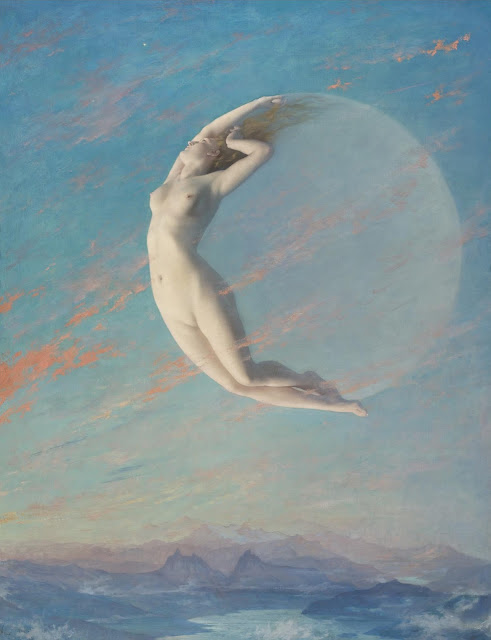"Capitalism" is a structure or framework used to describe the political economy. It was invented by socialists in the mid-19th Century as a kind of straw man of what they were opposed to.
The primary inventor of "capitalism" was of course Karl Marx. And it was a pretty good theory about how the political economy operated. But then, of course, a bunch of people who were in favor of the status quo (whatever it was) took a look at the theory and said to themselves "Why yes, this 'capitalism' seems perfect. We are pro-capitalist." They did this without any irony.
A Marxist analysis of the political economy has a great deal of merit to it. It has famously been picked apart by a whole variety of thinkers, from Veblen to Bakunin, to feminist and critical-race theorists, and of course rather disingenuously by a lot of right-wing propaganda.
One of the big problems with Marxism, and consequently with any description of "capitalism" is its reliance on this binary: capitalist/proletariat each work toward their own self interest. In what we might call "capitalist economics" this even has a name "homo economicus." And this person... doesn't exist. People do things which aren't in their economic self-interest all the time. The Freakonomics guys made a whole career out of it.
Everyone is a Marxist.
Capitalism was (for all intents and purposes) made up by Marx. "Capitalist" economists are all "Marxist." That's neither good nor bad. But it does call into question what is non-Marxist economics? Not a whole heck of a lot, as it turns out. But by and large, all modern economists use a model of the economy which, although modified, essentially utilizes a Marxian framework of the political economy.
Anarchism And You
One of the earliest critiques of Marxism came from Bakunin and the anarchists. Interestingly, Bakunin was a Russian intellectual (and, unfortunately, super anti-Semitic), while Marx was a German with a Hegelian philosophical background.
